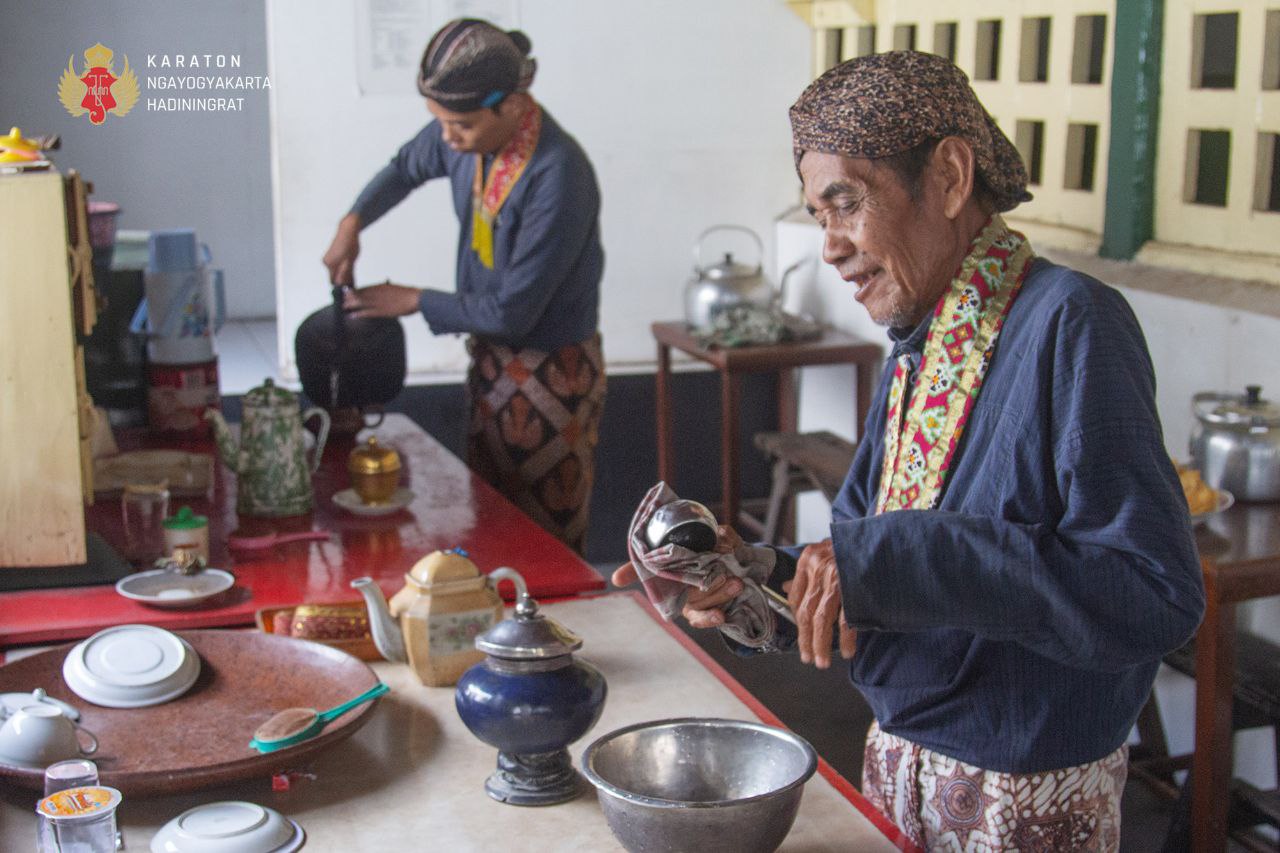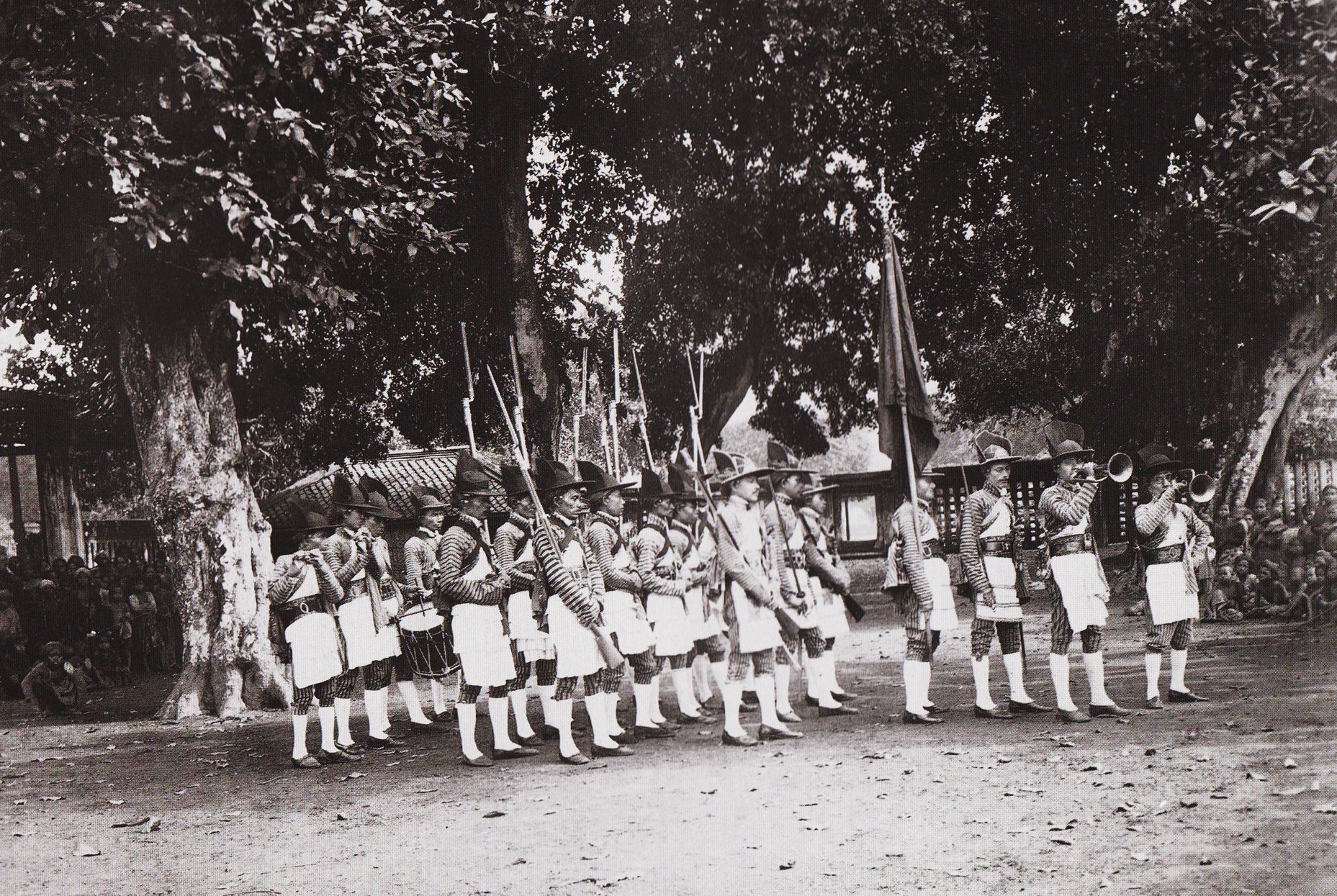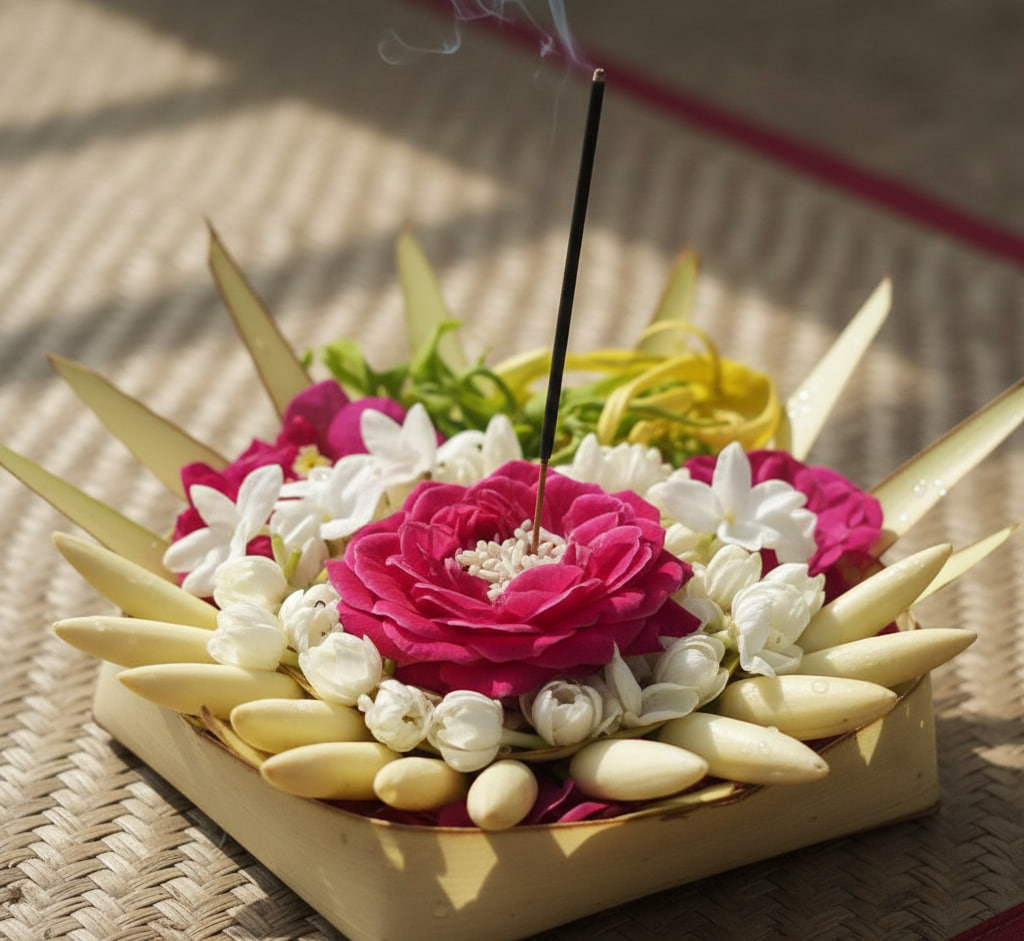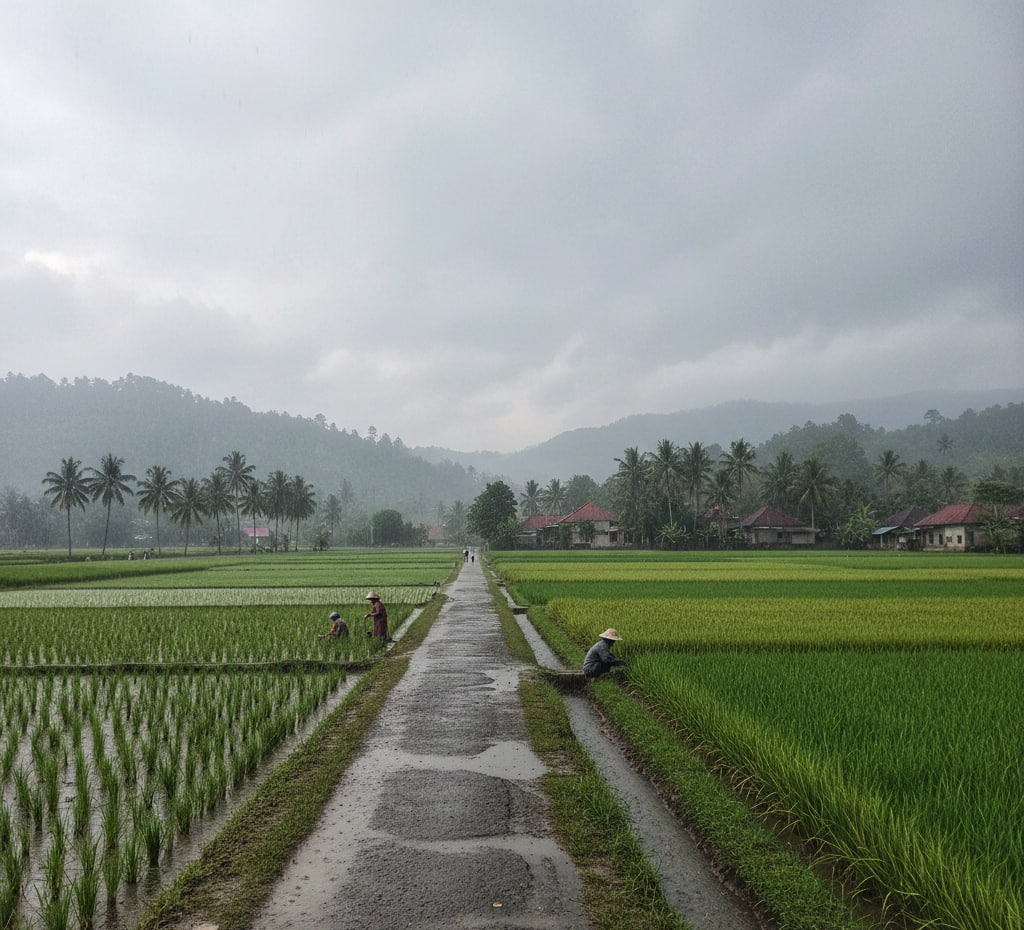News
The Sultan’s Secret Kitchen: From Pawon Ageng to Daily Royal Meals
In most households, the kitchen belongs to mom, dad, or maybe a catering service when there’s a big family event. But in the Yogyakarta Palace, the kitchen has a whole different league. It’s called Pawon Ageng—a royal kitchen whose one job is to ensure the Sultan and his family are never short of meals. Cooking here isn’t just about food, but about rules, tradition, and a history that lingers with every ember.
The word pawon itself means “kitchen.” It comes from awu, meaning ash, since traditional Javanese kitchens always had piles of ash from wood-fired stoves. And inside the palace, a pawon isn’t just a place to cook—it’s part of ritual and daily royal life.
During the reign of Sri Sultan Hamengku Buwono IX, the palace had five main pawon, each with its own role: Pawon Wetan, Pawon Kilen, Pawon Patehan, Pawon Prabeya, and Pawon Gondokusuman. Each was run by a head cook and a team, collectively known as Boja.
Let’s peek into each of them.
Pawon Wetan, also called Pawon Sekulanggen: located east of Plataran Magangan. Back then, it prepared rice packs with tempe bacem for the royal servants (Abdi Dalem), and also offerings for palace rituals. Its leader was a woman named Nyi Lurah Sekulanggi. Today, it still prepares daily offerings, alternating with Pawon Gebulen.
Pawon Kilen, or Pawon Gebulen: located on the west side of Plataran Magangan. This is where spiced kebuli rice was cooked, along with mixed rice dishes and sop kimlo, all served in covered bowls. It was led by Paring Dalem Raden Ayu Gebuli. Today, it also handles daily offerings and large ritual feasts.
Pawon Patehan: the palace’s beverage kitchen. Every day at 6 a.m. and 11 a.m., this pawon prepared tea for the Sultan, carried by Abdi Dalem Keparak. Today, the tea tradition still continues, but the drinks are now placed as offerings in Bangsal Prabayeksa instead of being served to the Sultan.
Pawon Prabeya and Gondokusuman: both were in charge of Dhahar Dalem, the Sultan’s daily meals. Pawon Prabeya is still active, sending food to the Sultan through Abdi Dalem Gladhag. Pawon Gondokusuman, however, is no longer in use.
Besides the official kitchens, there were also private pawon belonging to the Sultan’s wives (Garwa Dalem). In the past, each wife had her own kitchen—Pawon Pintakan, Pawon Windyaningrum, and Pawon Hastungkaran. But now, since Sri Sultan Hamengku Buwono X chose monogamy, there’s only one main royal kitchen left: Pawon Karaton Kilen, inside his personal residence. From there, the Sultan’s daily meals are prepared.
In the end, these palace kitchens aren’t just about food. They are like a maze of culinary traditions, where every dish is a piece of history, every spoonful a symbol of how the palace maintains dignity—even through something as simple as what’s served at the Sultan’s table.



